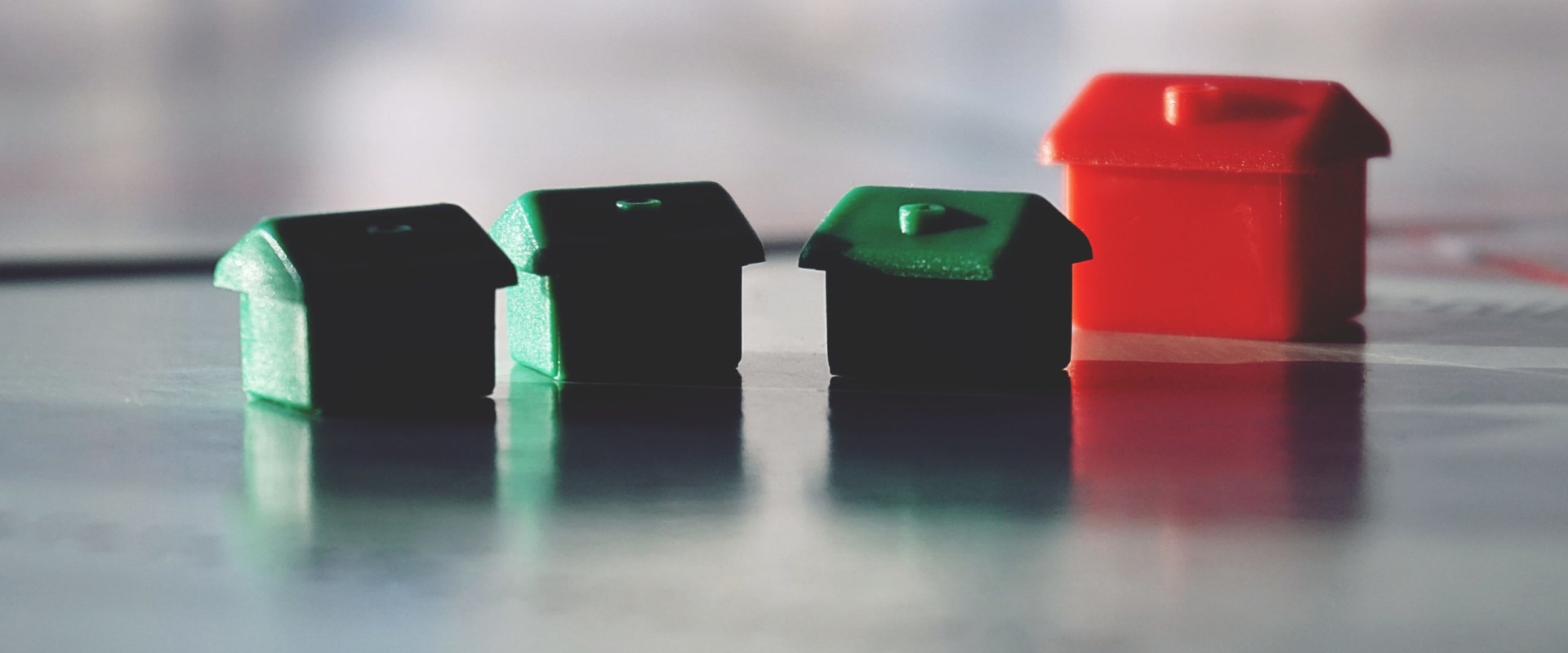The highest interest rate on the market is 7.10% (AER). Interest rates on capital release are fixed or, occasionally, capped, variable rates that currently start at 3.53%. Lenders will base the amount you can borrow on your age, the value of the property, and sometimes your health. Interest rates on lifetime mortgages are usually higher than those on standard mortgages.
The comparison site Equity Release Supermarket shows that multi-vendor rates range from 2.86% to 6.9%. Stock launch prices have been rising since the beginning of this year, according to Moneyfacts analysis. The Federal Reserve has stepped up its fight against inflation in April, prices skyrocketed at an annual clip of 8.3 percent. In early May, the Federal Reserve raised rates by half a point, its biggest rate hike in decades.
The central bank directly moves interest rates on some mortgage products, namely adjustable-rate mortgages and home equity loans. Fed policy has fewer ramifications for fixed mortgage rates, which more closely follow Treasury yields to 10 The most common equity release deals are mortgage-based products that are loans secured against your home. Many homeowners use equity release to allow them to financially help their families, but Moneyfacts' Rachel Springall says they shouldn't feel pressured to do so. The difference between fixed and variable interest rates is that fixed rates are set when capital is unlocked and stays the same at all times; variable rates will fluctuate according to financial market standards.
That depends on how much money you need, how much equity you have in your home, and the rates and fees for each option. They will also help you understand the characteristics and risks, including the fact that releasing capital will reduce the value of your equity and could affect your entitlement to revenue-controlled profits. For many, this will include making sure that the interest rate on their equity release loan is acceptable to their needs. If you can't afford your monthly payments to increase, it's a good idea to pay your debt as aggressively as possible now and turn it into a fixed-rate option, such as a home equity loan or a personal loan before rates rise even further.
With current equity release interest rates, unlocking equity tied to your home is still cheaper than it was a few years ago, reinforcing the argument that freeing up equity may be a competitive alternative to conventional mortgages for homeowners aged 55 and over. You can repay the monthly interest on your capital release plan, stopping and starting whenever you want. What Mortgage has partnered with Equity Release Supermarket to answer your questions about the capital release. Others said that raising rates could serve to reduce the attractiveness of freeing up capital and instead encourage older people to consider other options, such as downsizing.
Equity release interest rates vary by plan and lender, so you may be able to get a lower than market average rate. If you choose to provide your phone number, a member of the Responsible Capital Release Information Team may contact you to answer any questions and guide you. While the release of capital has become much more common and commonplace, lifetime mortgages can be complex products with disadvantages.





